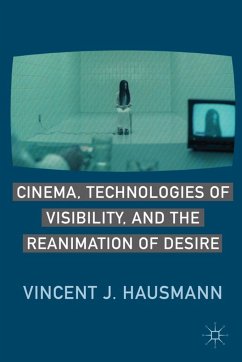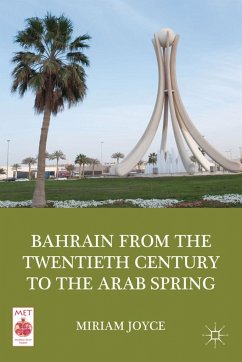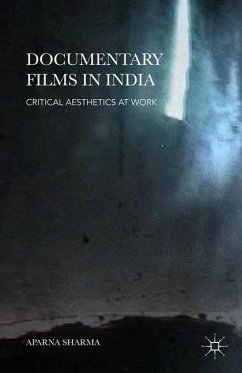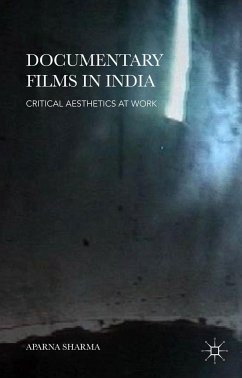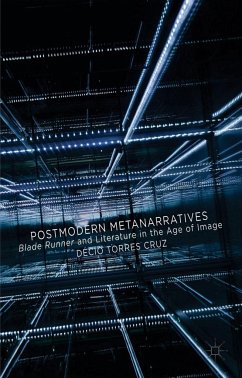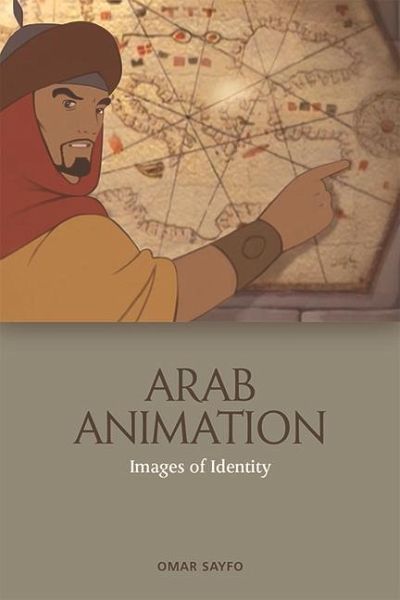
Arab Animation
Images of Identity
Versandkostenfrei!
Versandfertig in über 4 Wochen
128,99 €
inkl. MwSt.
Weitere Ausgaben:

PAYBACK Punkte
64 °P sammeln!
Dr. Sayfo has worked with the best scholars in the field, and has done such a large amount of groundwork through interviews and fieldwork, that I am convinced this book will serve as one of the benchmarks for research on Arab animation in years to come. This excellent book combines critical analysis of existing scholarship with original research that has not been accessed or unlocked previously.' Professor Stefanie Van de Peer, Lecturer in Film and Media, Queen Margaret University 'This work is encyclopaedic in ambition and scope. Its coverage includes details of the production background and ...
Dr. Sayfo has worked with the best scholars in the field, and has done such a large amount of groundwork through interviews and fieldwork, that I am convinced this book will serve as one of the benchmarks for research on Arab animation in years to come. This excellent book combines critical analysis of existing scholarship with original research that has not been accessed or unlocked previously.' Professor Stefanie Van de Peer, Lecturer in Film and Media, Queen Margaret University 'This work is encyclopaedic in ambition and scope. Its coverage includes details of the production background and texts of scores of animations, organised coherently according to the author's framework of national, pan-Arab, Islamic, "revolutionary" and global identities and researched through painstaking and resourceful seeking out and sifting of a wide range of archives and sources, including interviews.' Naomi Sakr, Professor of Media Policy, University of Westminster Exploring political and religious identity in Arab animation From the 1930s until the recent spread of online animations, animated cartoon production in the Arab world was the privilege of individuals and institutions with strong links to academic, media and political elites. These elites had maintained both direct and indirect authority over production in a number of ways, including funding, regulation and censorship. Arab animated films and series thus became a legitimate focus of well-defined cultural policies and, in many cases, even of political and religious agendas. Omar Sayfo explores how Arab animations, as cultural and media texts, have been deeply engaged in the making and remaking of religious and political identities. By analysing animation production in Algeria, Egypt, Iraq, Jordan, Kuwait, the Palestinian Territories, Qatar, Saudi Arabia, Syria, Tunisia and the United Arab Emirates, this book seeks to demonstrate how rival notions of national, pan-Arab and Islamic identities have been advocated, challenged and fused by Arab animated cartoons. By textually analysing around 40 productions from the 1930s until recently, this critical study explores how animated cartoons of the Arab world have been used to promote various notions of identity and mediate political and religious messages. Omar Sayfo is a researcher at Utrecht University and the Avicenna Institute of Middle Eastern Studies.




